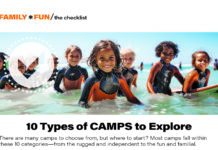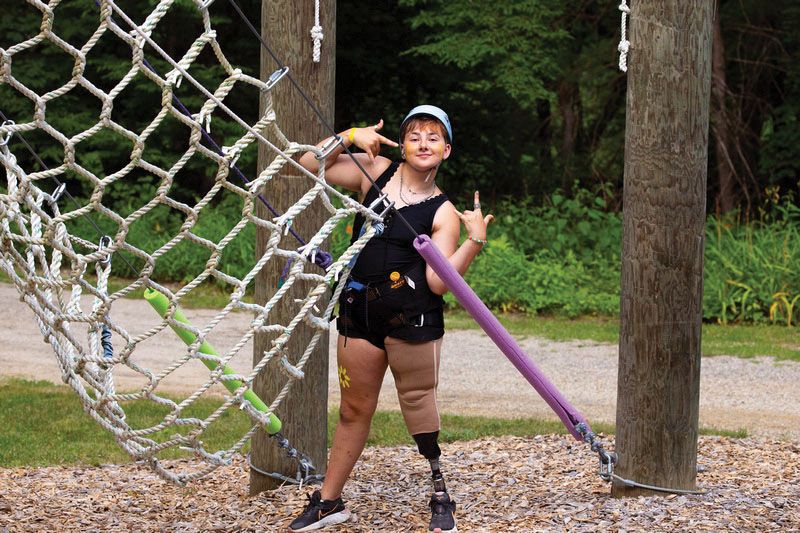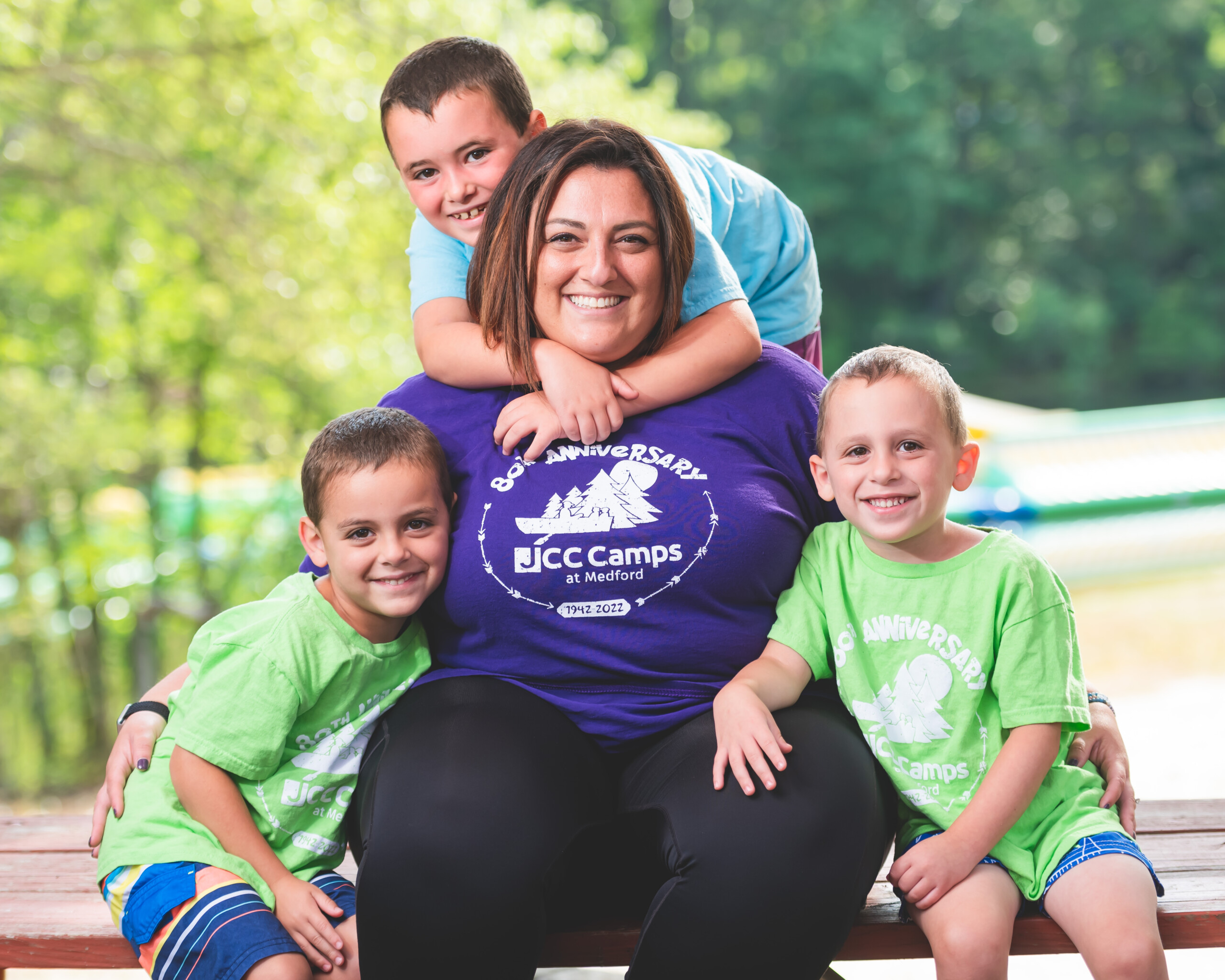Ten years ago, prominent thought leaders from Lego, Microsoft, Intel, Disney, and other Fortune 500 companies compiled a list of 21st-century skills they deemed necessary to compete in today’s job market. Research bears out that camp is the ideal environment to develop these attributes, called the 4C’s: Communication, Collaboration, Critical thinking and Creativity.
These skills, attitudes, and knowledge are key, says Andy Pritikin, president of the American Camp Association of NY and NJ and owner/director of Liberty Lakes Camp, of Bordentown, NJ. “At camp, we’re taking kids out of their natural element and putting them in situations where they have to communicate, they have to compromise, and they have to be creative, especially as camp counselors,” notes Pritikin.
Communication and collaboration
Kids are so plugged into technology that they barely communicate face-to-face anymore. At JCC Siegel Camp, in Wilmington, DE, “We say, if you have something to say, make sure that it’s true, make sure that it’s kind, and make sure that it’s necessary,” says Matt Moran, camp and youth coordinator at Siegel. These ground rules for how and what to communicate teach self-control, professionalism and mutual respect.
Moran insists that counselors reset their expectations in the beginning of each activity, by taking an extra two minutes to change focus from an individual player to what the team is going to do. Opportunities are everywhere. For example, “suddenly a soccer lesson, which could have been kids just kicking a ball in a field under the hot sun and getting upset with each other, then kicking the ball in someone’s face, becomes a morality lesson,” notes Moran. It’s also important to stop and praise positive behaviors, and to debrief kids afterward by highlighting individual contributions to the game.
Critical thinking and problem solving
“Camp is the best classroom there is – but not because we don’t assign homework, it’s because kids will bend over backwards to find out why something works, how something works, why they are doing something,” says Moran.
“Problem solving and critical thinking is huge at camp because kids learn how to resolve conflicts on their own with support from their counselors and possibly a guidance counselor,” says Jessica Petkov, director of Camp Saginaw, of Oxford, PA. “They become more independent and learn to advocate for themselves,” she adds.
Parents send their children to camp because it’s the perfect environment for kids to be safe, and while they have non-stop fun and make life-long friends, they often learn something new. “Now more than ever, the soft skills are important, because technology is working against us,” so overnight camp is the perfect platform for kids to develop their emotional skills,” Petkov added.
Creativity and life skills
“Camp builds resilience,” says Renee Flax, director of camper placement at the American Camp Association of NY and NJ. “ You’re not always going to succeed, and you won’t always get picked first,” so at camp you’ll learn to cope with life’s disappointments.
Persistence paid off for first-time camper, 12-year-old Jake Sipera, of Cherry Hill, NJ. “There was a high ropes course and you had to go through obstacles to get there, but counselors pushed me and my friends said I could do it, so I kept going.”
But that’s not what surprised Jake’s mom, Nancy Sipera. She was amazed how every day both of her kids excitedly shared what they did.
Then something very strange happened that she emailed the owner about: “What are you doing to my kids while they are away? One day, I was changing sheets on my sons’ beds and they both offered to help me, and I almost fainted.”
Flax says it this way: “Camp forever changes your child for the better!”
Lynda Dell is a freelance writer.






